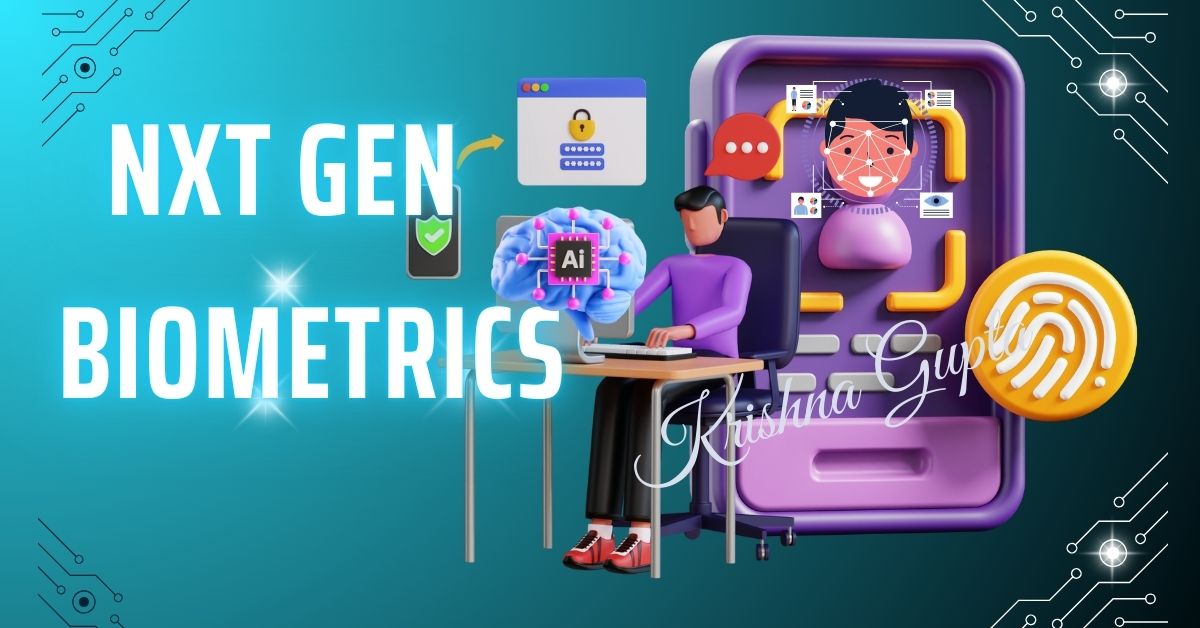The Rise of Drones: Transforming Industries and Everyday Life
The Rise of Drones: Transforming Industries and Everyday Life Introduction Drones, also known as unmanned aerial vehicles (UAVs), have revolutionised industries ranging from defence and logistics to agriculture and entertainment. Once considered niche technology reserved for military applications, drones have now become indispensable tools for businesses, governments, and individuals alike. For C-suite executives evaluating drone …




